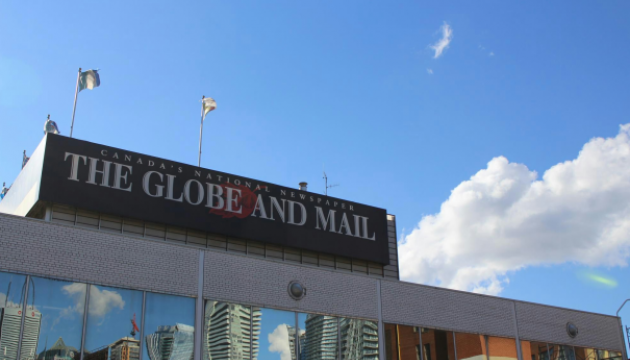By Sylvia Stead, for the Globe and Mail
This week in Ottawa, Parliament’s Standing Committee on Canadian Heritage began to study how Canadians “are informed about local and regional experiences” by the media, whether broadcasting, digital or print.
It’s a noble mission, fuelled by a concern over protecting Canadian content while local newspapers are closing, newsrooms merging and jobs in journalism are being lost. But is it also mission impossible?
Important journalism certainly happens in smaller communities. Last year, the Moncton Times and Transcript won a National Newspaper Award for its exhaustive coverage of the shooting rampage in its community that left three RCMP officers dead.
A decade ago, another example of great local coverage won the renowned Michener Award for Public Service Journalism. Gordon Hoekstra of the Prince George Citizen spent months, in the midst of regular daily stories, plugging away in his off hours on how dangerous logging roads are in the area. Through freedom-of-information and access requests, along with many interviews, he produced Dying for Work, a series that painted a compelling picture of the problem. As a result, the province announced more than $20-million would be spent to upgrade the roads and make them safer.
So, I share the concern of the committee members that vital work will fade away if local and regional news is not supported.
But is state intervention the answer, or even likely? There have been three government studies into media concentration, in 1969, 1980 and 2006. Concerns were expressed, both about concentration of ownership and the closing of newspapers, but not much changed.
Now here we are in 2016, not only with similar problems, but many new ones. Canada’s largest newspaper chain, Postmedia, is struggling with declining revenues and a large debt load payable in U.S. dollars. In fact, most mainstream media have seen a drop in advertising dollars, as changing technology has upended their economic model.
On top of that, the change means everyone is competing on various and shifting platforms for the same audience. There is little difference between broadcasting, digital and print material when it is viewed on your phone.
Liberal MP Hedy Fry, the committee’s chair, told the Canadian Press that she is convinced the study will work. “One day, stuff is facing you so hard that you have to do something about it. That time has come.”
Continue reading this story on the Globe and Mail website, where it was first published.

